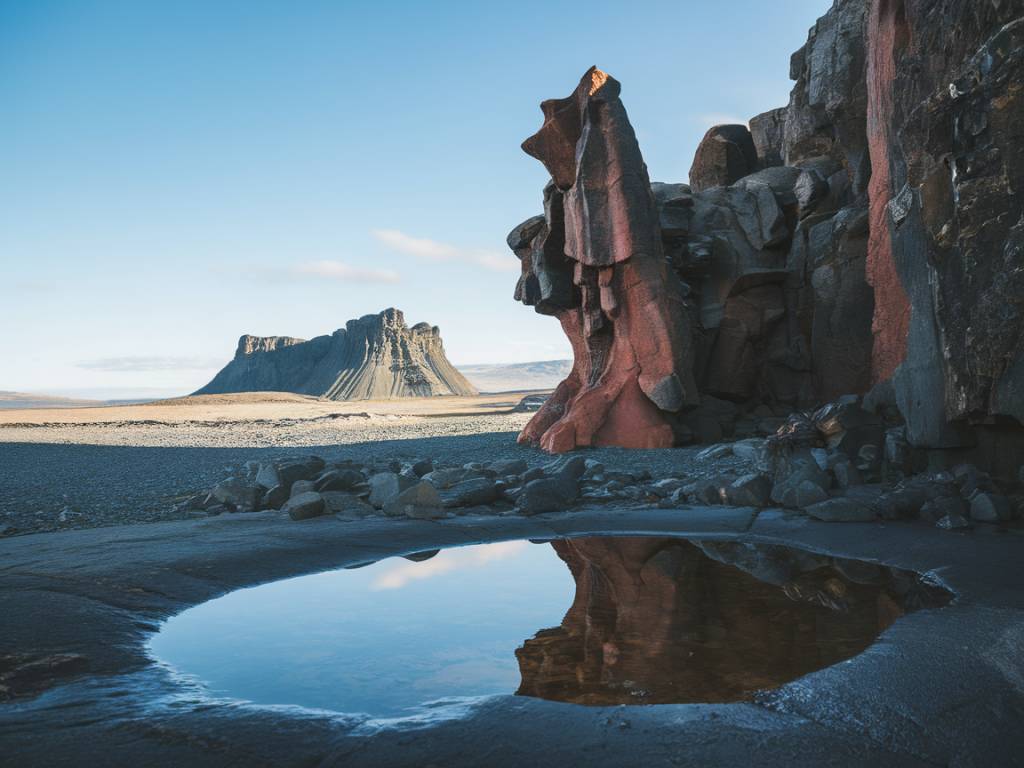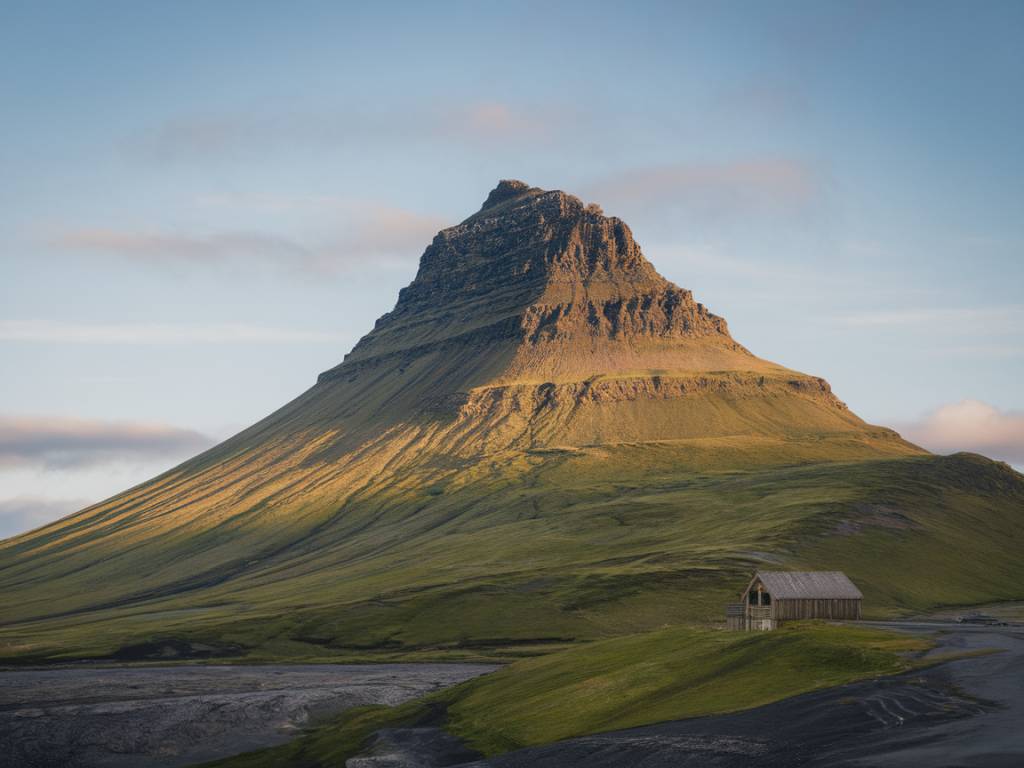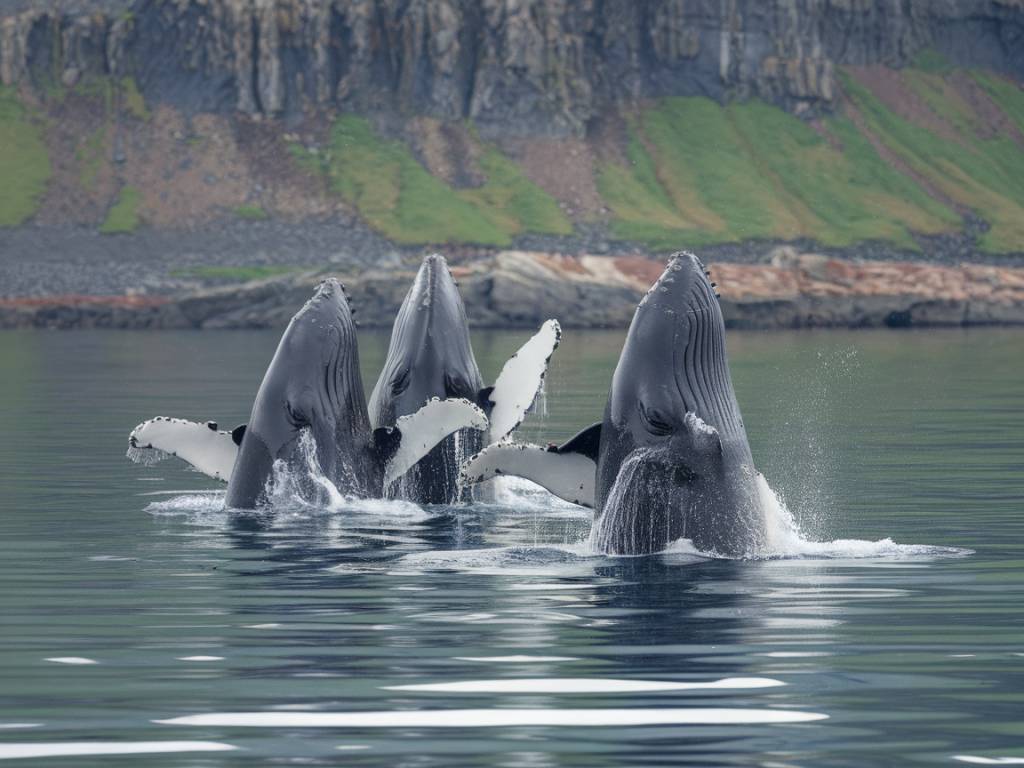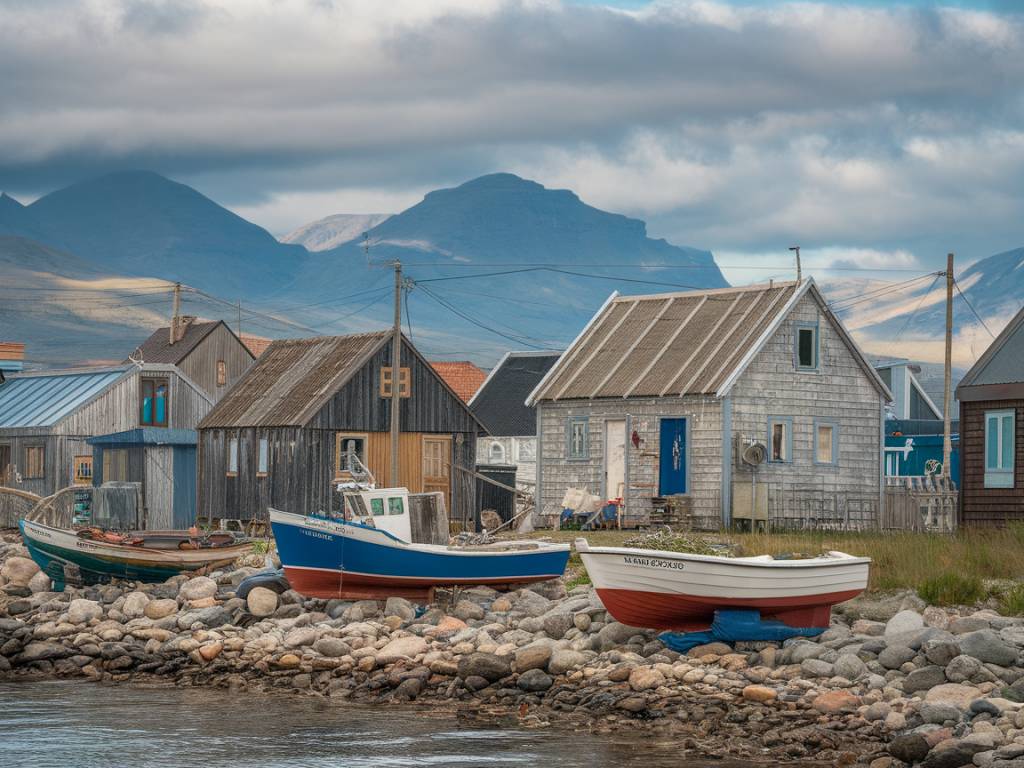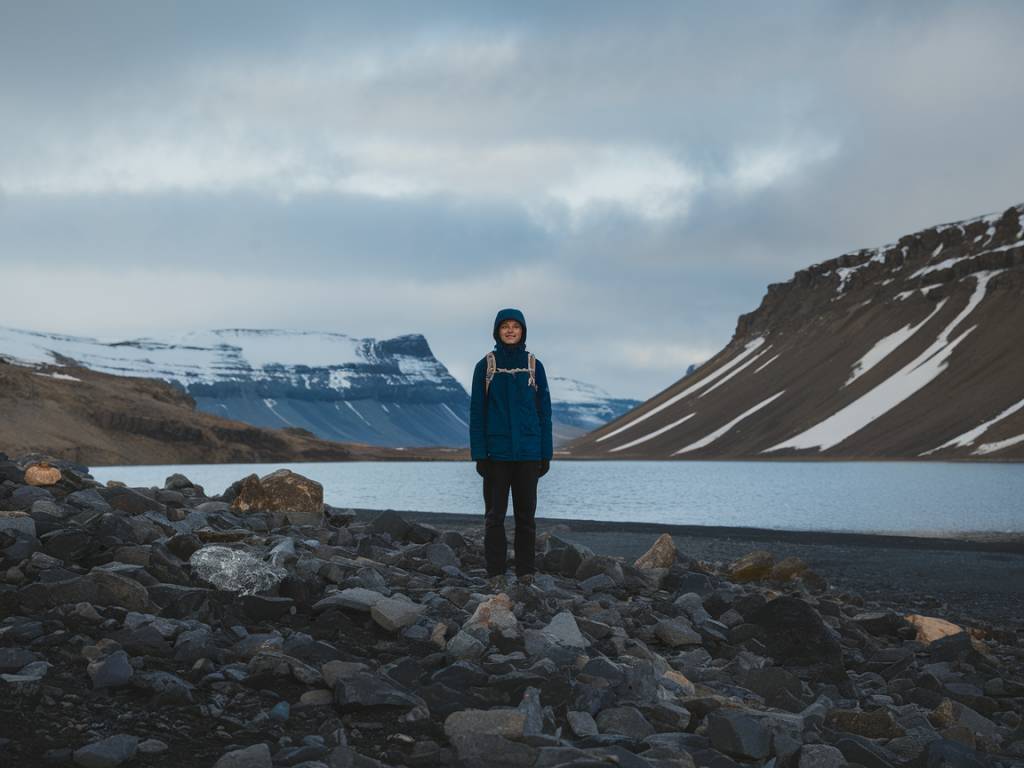On a recent trip, I had the opportunity to explore one of Iceland’s oft-overlooked gems: the Reykjanes Peninsula. Located just a short drive southwest of Reykjavik and home to the country’s main international airport, Keflavik, the Reykjanes Peninsula is frequently passed by tourists in their rush to experience more famous Icelandic sights. However, taking the time to properly explore this region offers travelers a rich and rewarding experience marked by geological wonders, charming villages, and striking seascapes.
A Land of Geothermal Activity
The Reykjanes Peninsula is renowned for its geothermal activity. The region is part of the Mid-Atlantic Ridge, and evidence of this geological dynamism is everywhere. One of the most striking examples can be found at Gunnuhver, a large geothermal area with boiling mud pools, steaming vents, and a rich background in local lore. The intense hissing and bubbling of the mud pools create a soundtrack that immerses you in the raw power of our planet.
Another notable geothermal site is Seltún, located in the Krísuvík geothermal field. With its vividly colored earth – ranging from red and yellow to green – and its strong sulfuric smell, Seltún feels almost like stepping onto another planet. Wooden pathways guide visitors safely through the steamy terrain, offering fantastic photo opportunities and close encounters with nature’s elemental forces.
Undoubtedly, the most famous geothermal attraction in the area is the Blue Lagoon. Nestled among black lava fields, this man-made marvel offers a therapeutic bathing experience in its milky-blue waters, enriched with minerals like silica and sulfur. While it may be one of Iceland’s most tourist-heavy spots, soaking in the Blue Lagoon at the end of a day filled with exploration is an absolute delight.
Dramatic Coastlines and Lighthouses
The Reykjanes Peninsula is bordered by the Atlantic Ocean and characterized by rugged coastlines and notable lighthouses. One especially awe-inspiring spot is the Reykjanesviti Lighthouse, the oldest lighthouse in Iceland. Located near the Gunnuhver area, it commands impressive panoramic views of the Atlantic Ocean and the dramatic, volcanic landscape that surrounds it.
Close to the Reykjanesviti Lighthouse lies the Brimketill Lava Rock Pool, a naturally formed lava pool where waves smash against the rocky shore, creating a powerful and mesmerizing display. Visitors can observe this natural wonder from a specially designed viewing platform, ensuring their safety while they take in the stunning scene.
Another coastal gem is Valahnúkamöl, a collection of basalt cliffs and sea stacks formed by ancient volcanic activity. The relentless action of the ocean over centuries has sculpted these cliffs into fascinating shapes. Walking along these coasts, one can feel the sheer force of nature that continues to shape the land, minute by minute.
Historic Fishing Villages
Aside from its natural wonders, the Reykjanes Peninsula is also home to quaint fishing villages that offer a glimpse into Icelandic culture and history. The village of Grindavík, for example, is one of Iceland’s major fishing centers and offers a pleasant mix of old-world charm and modern amenities. A stroll through the town reveals colorful fishing boats, small shops, and friendly locals who are often eager to share stories about their way of life.
For those interested in the Icelandic fishing industry, the Saltfish Museum in Grindavík provides fascinating insights. The museum showcases the importance of saltfish (bacalhau) to the Icelandic economy and culture, with exhibits detailing the traditional methods of drying and preserving fish.
The Bridge Between Continents
One unique attraction on the Reykjanes Peninsula is the Bridge Between Continents, a symbolic footbridge spanning a gaping fissure between the Eurasian and North American tectonic plates. Walking across this bridge is a literal step between two continents, highlighting Iceland’s geological significance. The site also offers educational displays explaining the tectonic processes at work under the Earth’s crust.
Lava Fields and Volcanic Craters
With its extensive lava fields, the Reykjanes Peninsula is replete with evidence of its volcanic past. One of the most accessible and visually striking is the endless expanse of the Eldvörp Crater Row. This row of craters stretches for several kilometers and displays the remains of past volcanic eruptions in stunning detail. Walking within these craters provides an otherworldly experience, as each step crunches atop ancient lava rocks.
Moreover, the dramatic Lake Kleifarvatn is surrounded by mountainous terrain and steep cliffs, contributing to its mystic ambiance. The mineral-rich thermal vents dotting the area further reinforce the sense that you are in a land touched by the primal forces of nature.
A Note on Safety and Respect
While the Reykjanes Peninsula offers a plethora of natural wonders and unforgettable experiences, it’s crucial to remember the importance of safety and environmental respect. For example, when visiting geothermal areas or volcanic landscapes, always stay on marked paths and respect any safety instructions provided by local authorities. These environments can be unpredictably hazardous, and caution is essential.
Additionally, Iceland’s fragile ecosystem requires that we practice responsible tourism. Avoid disturbing wildlife, minimize waste, and always follow the Leave No Trace principles. By doing so, we help preserve this captivating region for future generations to enjoy.
Personal Reflections
Exploring the Reykjanes Peninsula was a profoundly enriching experience, allowing me to witness a microcosm of Iceland’s diverse landscapes without needing to venture far from the capital. Each site, from the steaming geothermal regions to the rugged coastlines, offered its own distinct slice of Icelandic magic.
Interestingly, despite its proximity to Reykjavik and Keflavik Airport, the Reykjanes Peninsula felt like a tranquil retreat far removed from more crowded tourist destinations. Whether gazing at the Atlantic from the Reykjanesviti Lighthouse, standing amidst the otherworldly colors of Seltún, or walking across the Bridge Between Continents, I felt a deep connection to nature and to the geological forces that have shaped this island nation.
For those considering a trip to Iceland, I wholeheartedly recommend dedicating some time to explore the Reykjanes Peninsula. It remarkably captures the essence of Iceland – from fiery geothermal wonders to the harsh beauty of its coastline – all within a relatively small area. It’s a reminder that sometimes, the road less traveled can offer the most unforgettable journeys.

